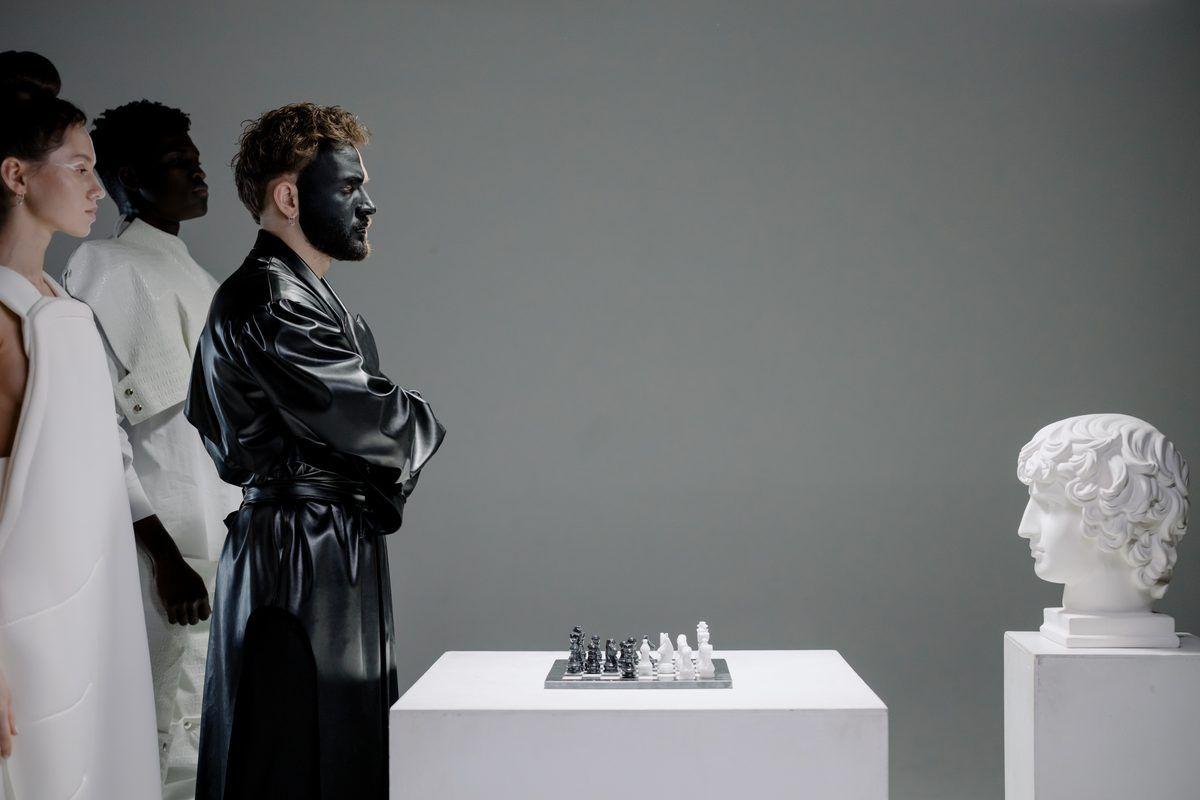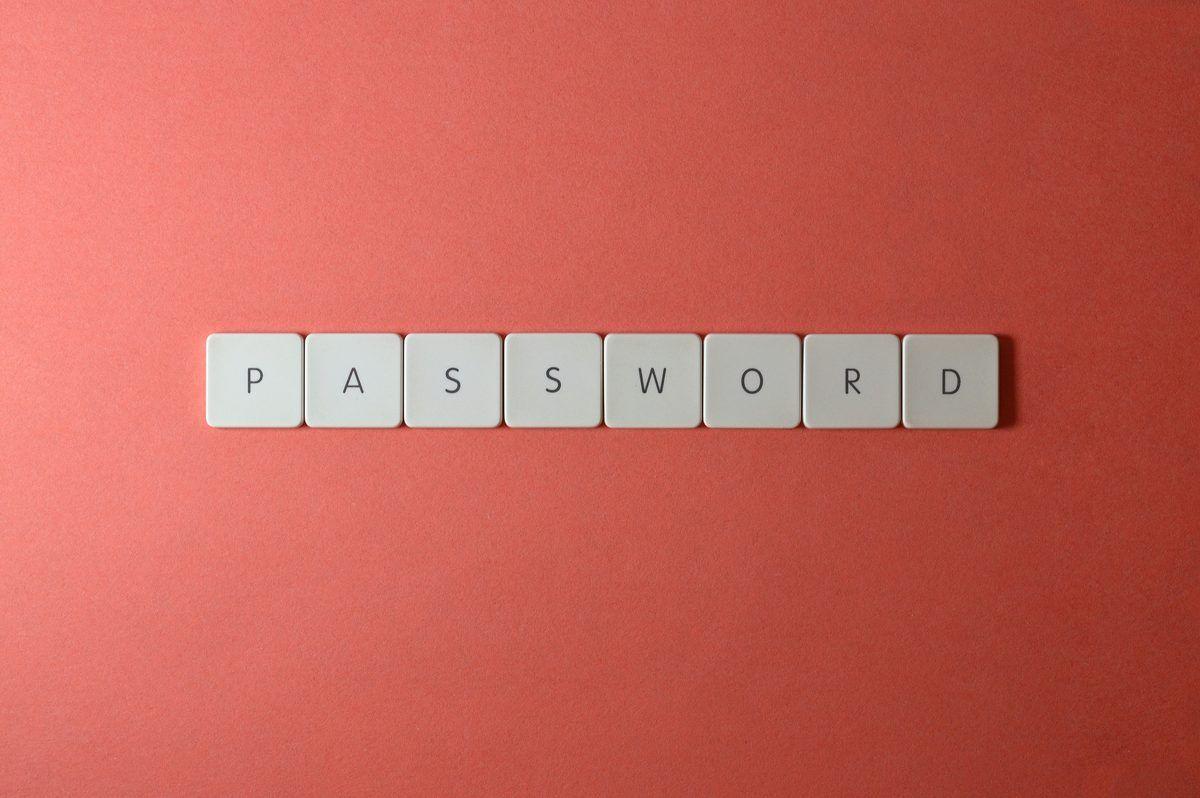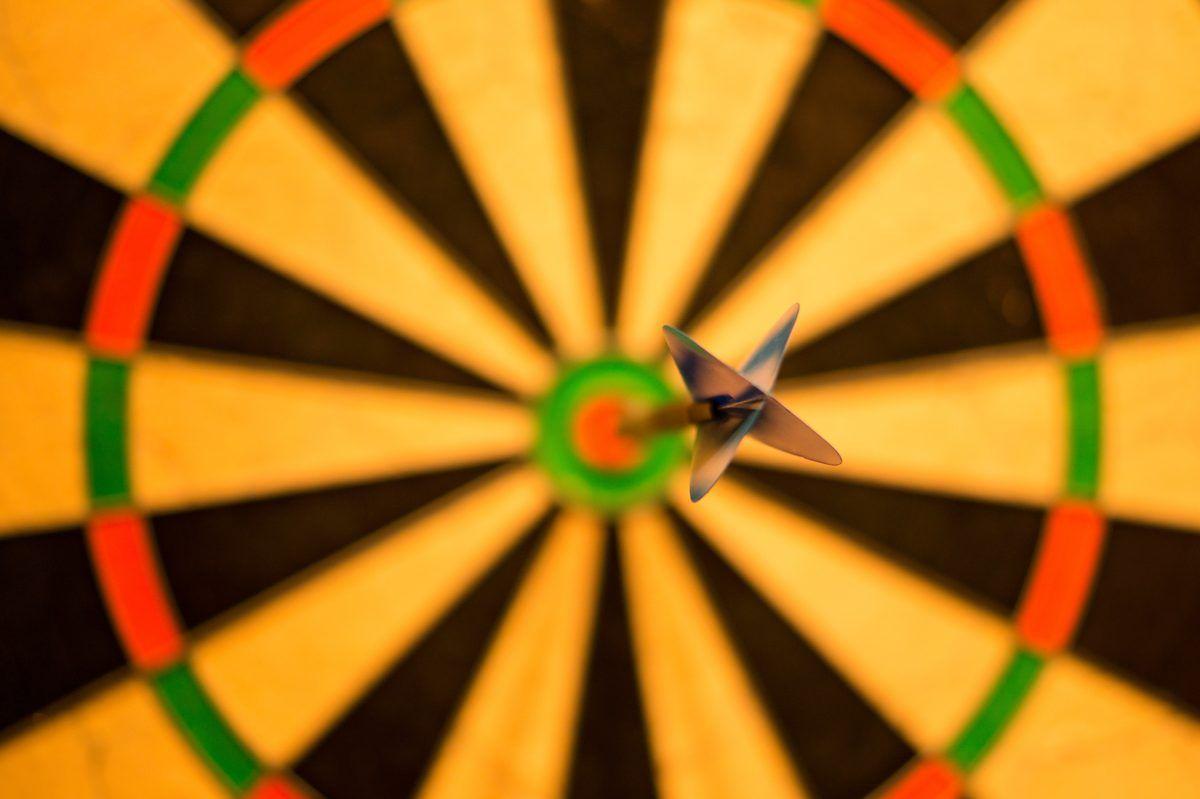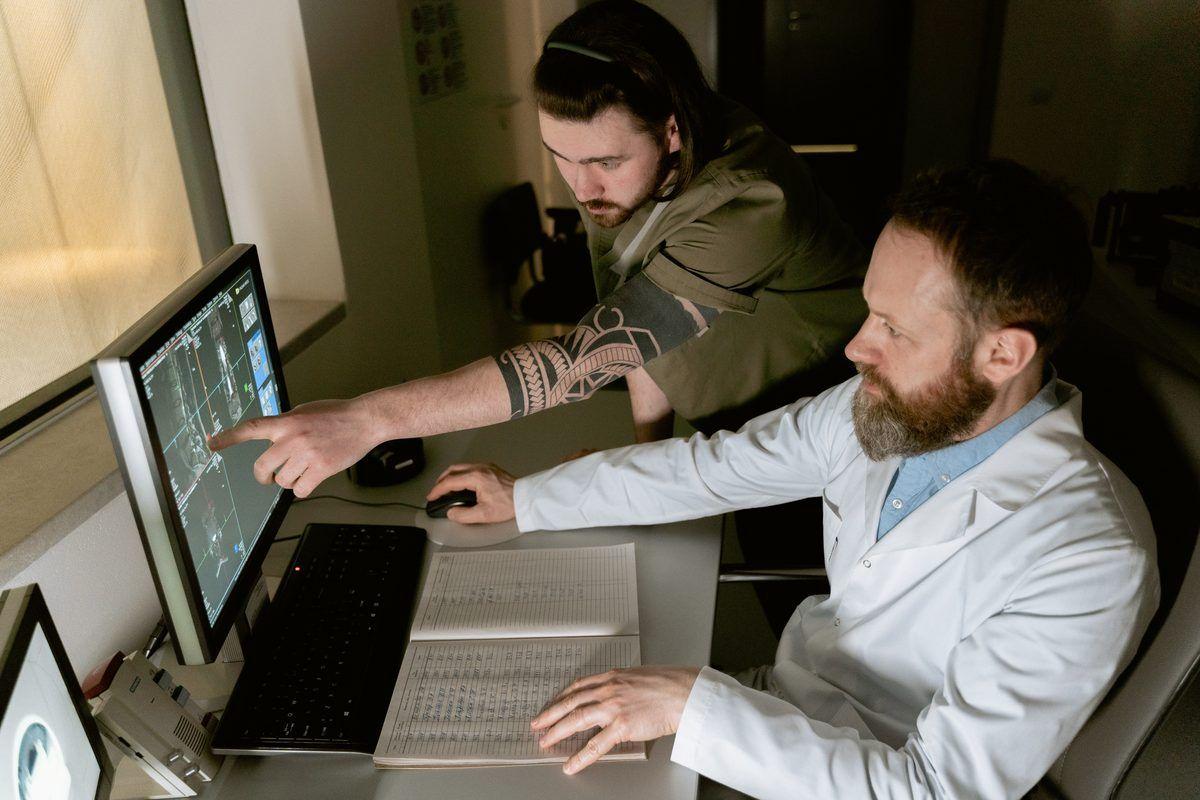“Is Artificial Intelligence better than Human Intelligence?” is a popular question. Artificial intelligence’s negative reputation stems from its apparent overmatching of human intellect. Compared to a brilliant individual, a computer is quicker in various fields. What would take years for a person to complete will only take minutes for AI, and that is the case.
In other words, comparing the two types of intelligence may prove that they are significantly different from one another. But how distinct are they?
Is Artificial Intelligence better than Human Intelligence?
Artificial Intelligence has advanced a long way from being a science fiction component to reality. We have self-driving cars, smart virtual assistants, chatbots, and surgical robots, among other intelligent machines these days. Since AI obtains widespread use in today’s business and is incorporated into the average person’s daily routine, it has prompted a discussion: Artificial Intelligence vs. Human Intelligence, but first of all, we should know what they are to distinguish them.
What is Artificial Intelligence?
Artificial Intelligence (AI) is a subset of Data Science that focuses on developing intelligent machines that can do things that humans are capable of but require artificial intelligence and cognition. These intelligent machines are informed by learning from experience and historical data, analyzing their surroundings, and taking appropriate measures based on the analysis.
In the broadest sense, AI is an interdisciplinary science that combines concepts and methods from various disciplines, including computer science, cognitive science, linguistics, psychology, neuroscience, and mathematics.
What is Human Intelligence?
Humans’ intellectual capacity, which allows us to think, learn from diverse experiences, comprehend complex ideas, apply logic and reasoning, solve mathematical problems, identify patterns, make inferences and judgments, retain information, and communicate with other humans, is referred to as human intelligence.
Humans’ unique capacity to think abstractly, combined with such abstract emotions as self-awareness, passion, and aspiration, enables humans to master complex cognitive operations.
Is AI smarter than humans?
Computers are excellent problem solvers. We may perform analyses far more complicated calculations many times faster than the greatest mathematician with software. Yes, it’s correct. Most certainly, it is fast. But is AI intelligent? It all depends on what you mean by smartness.

Convergent vs divergent thinking
Is artificial intelligence (AI) more intelligent than humans? To address this question, it’s crucial to understand how we come up with ideas. In 1967, the psychologist J. P. Guilford divided creative thought into convergent and divergent thinking. His psychometric study of human intellect addresses their differences in further detail.
The ability to correctly answer questions is mostly a show of memory and logic in Convergent thinking, which Guilford defined as the capacity to respond correctly. Curiosity – the ability to imagine numerous potential solutions to a single problem or question – displays a flair for innovation. It’s that knack for thinking “outside the box.” Recalling the capital of South Korea is convergent thinking. On the other hand, divergent thinking is about learning how to live and work in Seoul without learning Korean.
Computers are often superior at things that require convergent thinking. They can thrash us at rules-based games (such as chess, Go, and so on) and complicated calculations because of their greater memory capacity and processing speed. But what about breaking a six-digit PIN passcode? Let’s look at the options.
The human way
Most of us would list pertinent information about the code’s owner when asked to guess someone’s PIN. First, try a person’s date of birth or phone number. Another approach is to try popular passwords, such as 123456. More sophisticated: a person could examine the devices on which the code was used to determine whether the device betrayed the digits. All clever, analytical approaches are used, looking at many options to find a solution. This is called divergent thinking.
The machine way
Software, on the other hand, would take a distinct approach. It would start at 000000 and work its way through the digits in order until it found a solution. A modern computer could solve this problem in milliseconds. As a result, most operating systems invalidate passcodes after a few attempts and progressively delay the next attempt. This is referred to as the “brute force” technique. This is an example of repetitive convergent thinking that is fast but ultimately successful.
So which method is more intelligent?
A clever software engineer could improve the brute force technique by prioritizing sequences based on their potential use. That isn’t the computer’s AI at work. Instead, it’s due to the programmer using their brains/knowledge in the process but it is not to answer for “Is Artificial Intelligence better than Human Intelligence?” yet.

You may (with software) analyze a database of PINs used by many people and develop a routine that attempts common combinations or partial sequences first. Is it artificial intelligence or a clever software developer?
The final strategy is one that many AI practitioners are already using. Looking for data patterns to determine the best-fit algorithm to address a situation is known as this type of modeling.
What is “Real Intelligence”?
The notion that human (general) intelligence is the “true” sort of intellect is implicit in our goal of building AGI systems with human mental capacity. This is further implied by the word “Artificial Intelligence,” as if it were not entirely genuine, i.e., real like non-artificial (biological) intellect.
We, as humans, see ourselves as the most intelligent creatures ever recorded in the world. And as a consequence of this, we like to think of ourselves as thinking individuals who can solve a wide range of complex problems under all sorts of situations by combining experience and intuition with logic, decision analysis, and statistics. It’s not surprising that we have difficulty accepting that we may be less intelligent than we believe.
When our essential navigation points on the horizon are based only on our unique talents, we may overlook some critical concerns that need to be addressed first. Still, we also figure out how to live in Korea without knowing Korean. So the scenario changes what intelligence we need.
Let’s take a closer look at these scenarios and the differences between AI and HI.
Comparison: Artificial Intelligence vs Human Intelligence
Artificial Intelligence focuses on building computers that can mimic human behavior and execute human-like activities. In contrast, human intelligence focuses on learning to adapt to new circumstances by combining several cognitive processes. Humans rely on the brain’s computational power, memory, and capacity for calculation, but AI-powered machines utilize data and detailed instructions given into the system.

Human intelligence is based on learning from many instances and past experiences. It’s all about learning from one’s errors through trial and error throughout one’s lifetime. On the other hand, robots cannot reason due to Artificial Intelligence shortcomings.
Can we find an answer to “Is Artificial Intelligence better than Human Intelligence?”
Differences between Artificial Intelligence and Human Intelligence
Here are the differences between Artificial Intelligence and Human Intelligence:
Origin
Norbert Weiner developed the concept of feedback mechanisms. At the same time, John McCarthy coined the term and organized the first conference on research projects about machine intelligence. Still, human beings are endowed with an inborn capacity to think, reason, recall, etc.
Speed
Computers can process information more quickly than people because they have faster processors and greater memory capacity. Computers may solve numerous problems in a minute, whereas humans might manage only a few.
Decision making
AI’s decision-making is somewhat data-driven since it evaluates based only on gathered information. On the other hand, humans’ decisions may be influenced by subjective elements that are not solely dependent on numbers.
Accuracy
AI is frequently correct since it runs on a set of pre-defined regulations. On the other hand, human intelligence is frequently susceptible to “human error.”

Energy
The human brain consumes about 25 watts, but computers use only around 2 watts.
Adaptation
Humans’ cognitive abilities are adaptable in response to changes in their surroundings. This allows people to learn and master a wide range of abilities. On the other hand, AI needs significantly longer to adjust to new situations.
Multitasking
As demonstrated by various and simultaneous roles, the human intellect enables multitasking. In contrast, AI is limited to performing one operation simultaneously, as a system may only learn responsibilities one at a time.
Self-Awareness
AI still has a long way to go in terms of self-awareness, but humans develop naturally aware of themselves and strive to establish their identities as they mature.
Social Interaction
Humans are considerably better at social interaction because they can process abstract data, have self-awareness, and are sensitive to others’ emotions. On the other hand, AI cannot pick up on important social and emotional cues.
General Function
Human intellect’s primary purpose is an innovation since it may develop, collaborate, brainstorm, and put plans into action. The general function of AI is optimization, as it performs tasks in the most efficient manner possible according to its programming.
What does AI do better than humans?
Is Artificial Intelligence better than Human Intelligence? AI, in many cases, outperforms humans. It is becoming more sophisticated every day. Boston Dynamics demonstrations of backflipping robots to the likes of AI taking over advertising are just a couple of examples. But it doesn’t end there; let’s see what AI can do better than humans.
Gaming
Researchers celebrated when artificial intelligence (AI) beat the previous ‘Go’ champion Lee Sedol in 2016. Furthermore, a new neural network called “AlphaGo Zero” overcame the old “Alpha Go” 100 times in a row last year. It also learned how to play using only the game’s fundamental rules. There are numerous AI’s now on the scene who play games.
An AI called “Libratus” was created by the computer science department at Carnegie Mellon University, which won the no-limit Texas Hold ‘Em game. What’s remarkable isn’t so much that it won at Poker; instead, it’s how it did so. In a game known as an “imperfect information” match, ‘Libratus’ beat four Hold ‘Em experts in just 120,000 hands.
Another example of an imperfect information game in which AI teaches us humans is OpenAI’s Five, which beat top players in Dota 2. As time goes on, the list will grow. It will not be long before the whole world champions list is finished, each being a computer.
AI (potentially) does better AI
For a long time, machines have been constructing machines. It’s not illogical to believe that AI could create superior AI than humans. In principle, AI can accomplish it, but whether or not it can in practice is uncertain.
DeepCoder is the first AI that can build AI from scratch, according to Microsoft. DeepCoder uses a method called deep learning to analyze existing codes and create new ones from them. It learns and recognizes other codes in this manner. AutoML by Google and DeepCoder by Microsoft are two AIs with an unrivaled capacity to invent the future generation of AI. The technique used by DeepCoder does not simply replicate the building blocks of code as supplied to it; instead, it considers how they fit together, how they function, and what they learn and recognizes to create new ones.
Medical diagnosis
Since the breakthroughs in artificial intelligence have been all the rage, medical diagnosis has been an important topic of interest for their usage. It is difficult for humans to obtain an exact diagnosis, as evidenced by research done by University Hospitals Birmingham. The delivery of results by AI systems was correct at 87% when detecting a disease state – compared with 86% for healthcare professionals – and was correct at 93% when clearing patients, compared to 91% for human experts.

IBM has also employed Watson’s capacity to absorb large quantities of data. That will aid them in diagnosing rare conditions. Only a few physicians may see some of them during their lifetime. It will assist doctors at the University Hospital Marburg Centre for Undiagnosed and Rare Diseases in Germany, who must analyze thousands of medical documents each year and analyze thousands of patient records.
Transcribing
AI has now surpassed the capabilities of humans in transcribing audio. Microsoft’s researchers have been fine-tuning an AI-based automated speech recognition system to outdo people in terms of accuracy. They’ve done so via testing.
During a study conducted by the National Institute of Standards and Technology, this AI system had an error rate of 5.9 percent, comparable to that of human transcribers employed by Microsoft. When researchers repeated the test, its error rate was 11.1%. This was virtually on par with the human result of 11.3 percent. This indicates that AI has a minimal margin for error in audio transcription and is certainly not any worse than we are.
Creating entertainment (than most people)
Benoît Carré, a French songwriter, has collaborated with Flow Machines, an AI program. Benoît Carré used this to create a Europop album that exceeded expectations. According to Carré, who has collaborated with some of France’s most prominent names, such as Johnny Halliday and Françoise Hardy.
He concludes by stating that the AI may even recommend chords and sounds to play. Carré, on the other hand, agrees that artificial music will require human intervention until it can create its songs. So while it is still a very human album, there can be no doubting that AI contributions will become increasingly important in the future of music.
MIDI used to seem new and futuristic just a few years ago when it revolutionized music and pop culture for the better. It’s not a pipe dream that AI is better at creating music than we are. A team of researchers has developed an AI system capable of producing unique works of art. The goal is to produce art that is both “novel yet familiar” to achieve this aim.
Researchers at Rutgers University and Facebook’s AI Lab joined forces to create a system. It continuously improves the outcomes of two neural networks by seeing how they interact. One generates a solution or image, while the other sits in a loop judging it. This is done until the intended result is obtained. Researchers trained the discriminator network on 81,500 paintings to build a knowledge bank. The idea is to identify what are and aren’t works of art. AI has also begun writing screenplays for motion pictures.
What can AI not do without humans?
The Artificial Intelligence vs. Human Intelligence debate isn’t a level playing field. True, AI has aided in creating intelligent machines that can outperform humans in specific areas (for example, as demonstrated by AlphaGo and DeepBlue). However, they still have a long way to go to match the human brain’s potential. Although AI systems are designed and trained to mimic and simulate human behavior, they cannot make logical judgments like humans can.

The ability of artificial intelligence systems to make decisions is based on events, the data they’re trained on, and how they are linked to a specific event. Because AI machines lack common sense, they can’t comprehend the notion of “cause and effect.” Nick Burns, an SQL Services Data Scientist who works as a consultant in this sector, explains it even more succinctly:
“…no matter how excellent your models are, they will be only as good as your data…”
Humans are born with the capacity to learn and apply what they have learned by combining it with logic, judgment, and comprehension. Real-world situations demand a holistic, logical, reasoned, and emotional approach that is human-specific.
Can AI make better decisions than humans?
We all know how quickly AI can compute and develop algorithms. The conclusions drawn by humans are used mainly as the basis for the generated algorithms. Is it possible for AI to develop procedures that outperform people in making better judgments? Is Artificial Intelligence better than Human Intelligence?
Yes, it can. Compared to the human brain, machine learning (ML) can process more data and do so at a faster rate. This allows it to discover patterns in data that would go unnoticed by a person.
AI may be able to make better judgments when we have independent data that is related to dependent data that was not made based on human choices (outcomes).
What is the role of artificial intelligence in the human world?
Through artificial intelligence development, numerical cycles increase the capacity to generate quicker and more precise models and estimates of operational systems or upgraded representations and mixes of big data sets. While these trend-setting advancements may execute specific tasks faster and more accurately, human intellect plays a vital role in planning and utilizing AI innovation.

Manufactured consciousness and creative arrangements connected with it are influenced by human intelligence. The human intellect endeavors to explain why things happen and ‘consider a scenario where’ through simple reasoning. Human judgment, skills, and quality assurance in utilizing AI-generated results are essential as engineering design is tested by complex issues and the nature of the information.
Conclusion
We asked, is Artificial Intelligence better than Human Intelligence to you. AI has moved out of fantasy into reality, thanks to its usefulness in everyday life. We’ve seen AI assistants go from a novelty feature on mobile devices to become “Home Assistants” that manage our homes and lives from a novelty feature to a standard tool in the last decade. Even though it may appear far-fetched or distant today, AI will probably become an essential tool in many aspects of our lives within the next decade.
AI has already demonstrated that it can compete with us in games and create art and music. It can also replicate itself and aggregate medical records, allowing it to assist in making diagnoses. It also has the capacity to record audio.
AI is a game-changing technology, and automation and smart workflow will soon become the standard across all industries. While AI has done an excellent job mimicking intelligent action, it has yet to replicate human thought processes.
It is doubtful that scientists and researchers will be able to create artificial machines that “think” like humans anytime soon since the human thought process remains a mystery. To sum up, human abilities will determine the future of AI. Human knowledge and awareness will be added to it.
“The development of full artificial intelligence could spell the end of the human race….It would take off on its own, and re-design itself at an ever-increasing rate. Humans, who are limited by slow biological evolution, couldn’t compete, and would be superseded.”
Stephen Hawking
So choose your side wisely and answer the question: Is artificial intelligence better than human intelligence?






